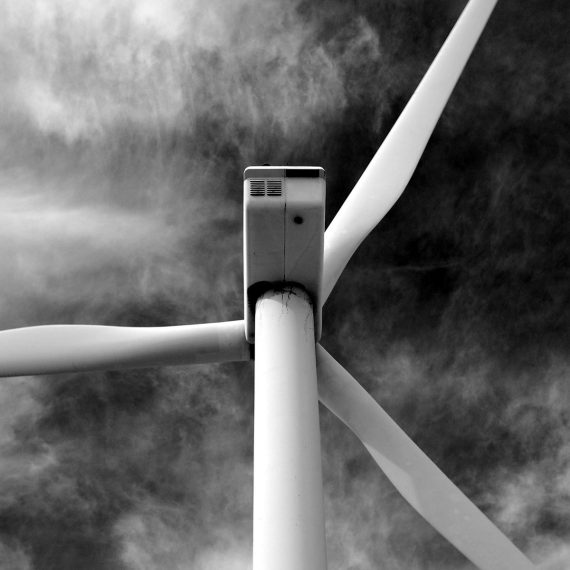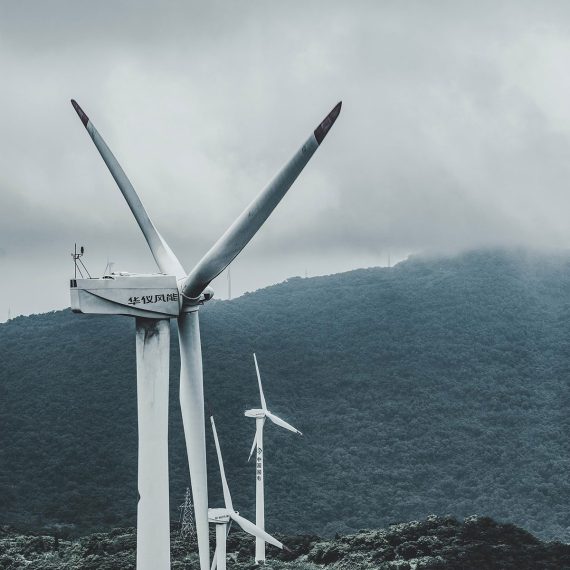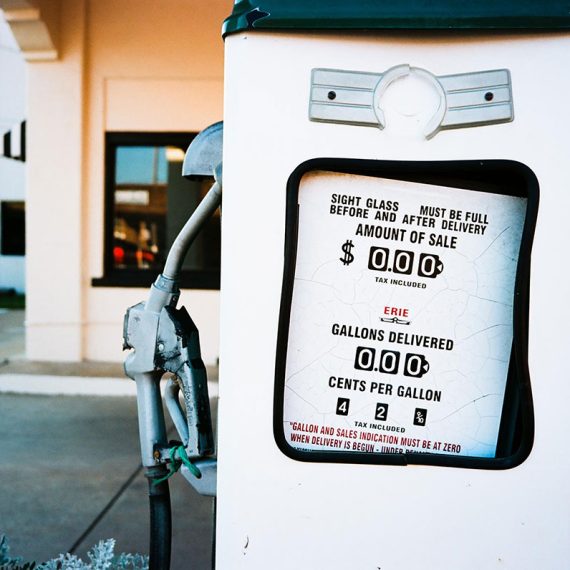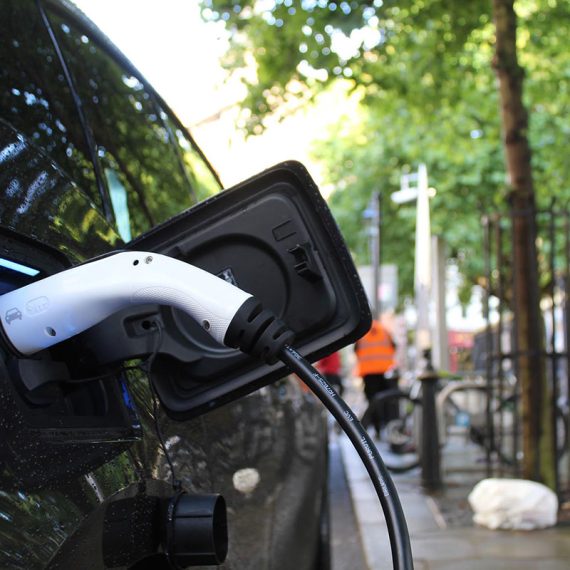Wind turbines are manufactured in a wide range of vertical and horizontal axis. The smallest turbines are used for applications such as battery charging for auxiliary power for boats or caravans or to power traffic warning signs. Larger turbines can be used for making contributions to a domestic power supply while selling unused power back to the utility supplier via the electrical grid. Arrays of large turbines, known as wind farms, are becoming an increasingly important source of intermittent renewable energy and are used by many countries as part of a strategy to reduce their reliance on fossil fuels.
One assessment claimed that, as of 2009, wind had the "lowest relative greenhouse gas emissions, the least water consumption demands and... the most favourable social impacts" compared to photovoltaic, hydro, geothermal, coal and gas.[1]
Our mix of company-owned and contractor assets allows us to retain optimal levels of control whilst expanding our reach to over 96% of towns in Australia. With 40 years of LTL experience, we are now a trusted LTL freight provider for shippers of all sizes and commodity types.
Our LTL service extends to all states and territories, and includes multiple per-week services to places many others only serve occasionally, including Darwin, Alice Springs, Newman, Mt. Isa, Launceston and Burnie.
We pride ourselves on providing the best transport and shipping services currently available in Australia. Our skilled personnel, utilising the latest communications, tracking and processing software, combined with decades of experience, ensure all freight is are shipped, trans-shipped and delivered as safely, securely, and promptly as possible.

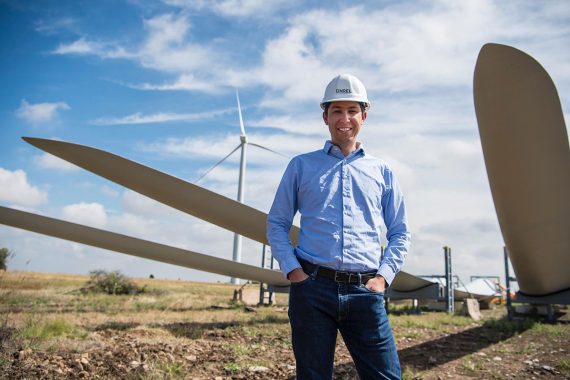
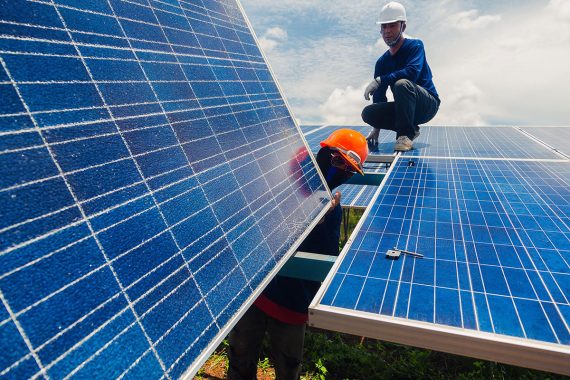
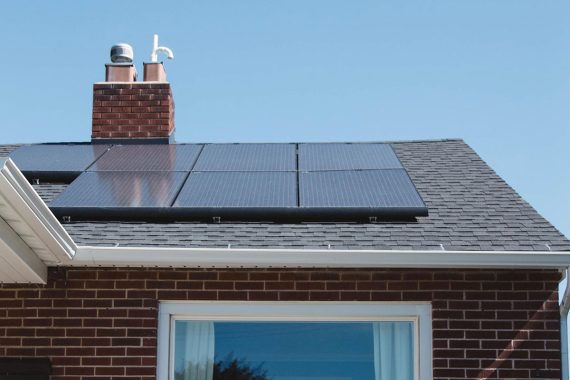
It has been argued that expanding use of wind power will lead to increasing geopolitical competition over critical materials for wind turbines such as rare earth elements neodymium, praseodymium, and dysprosium. But this perspective has been criticised for failing to recognise that most wind turbines.
Despite these diverse developments, developments in fossil fuel systems almost entirely eliminated any wind turbine systems larger than supermicro size. In the early 1970s, however, anti-nuclear protests in Denmark spurred artisan mechanics to develop microturbines of 22 kW.
Despite these diverse developments, developments in fossil fuel systems almost entirely eliminated any wind turbine systems larger than supermicro size. In the early 1970s, however, anti-nuclear protests in Denmark spurred artisan mechanics to develop microturbines of 22 kW.
Our Solar business now provides the preferred channel to market for some of the world’s leading PV manufacturers and our solar professionals work jointly with partners on enhancing product features, lowering lead times and improving cash flow.

